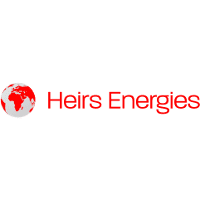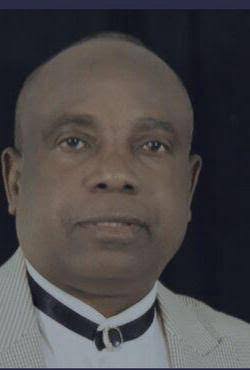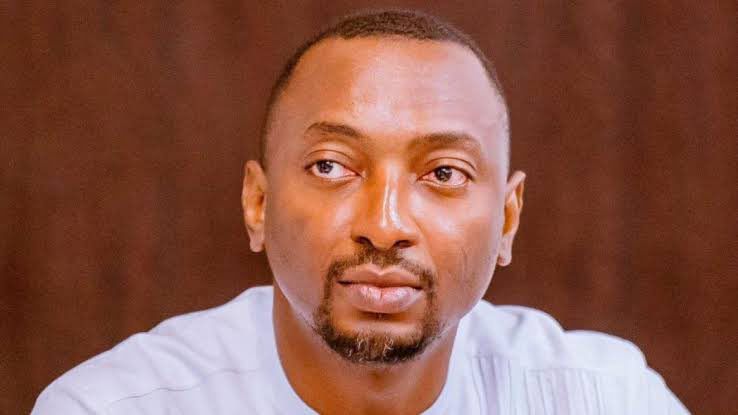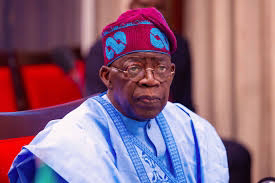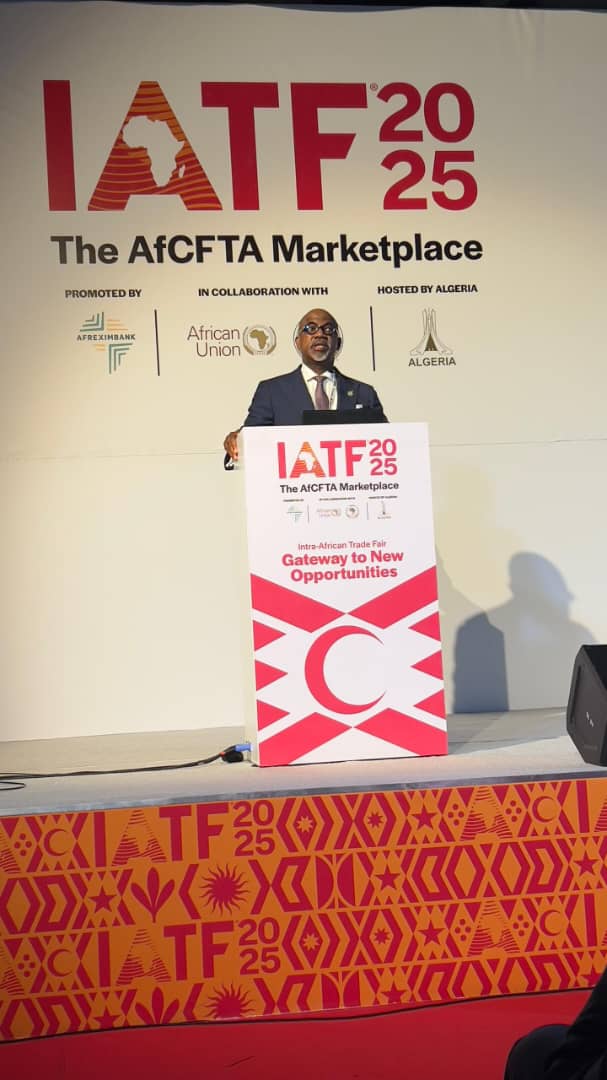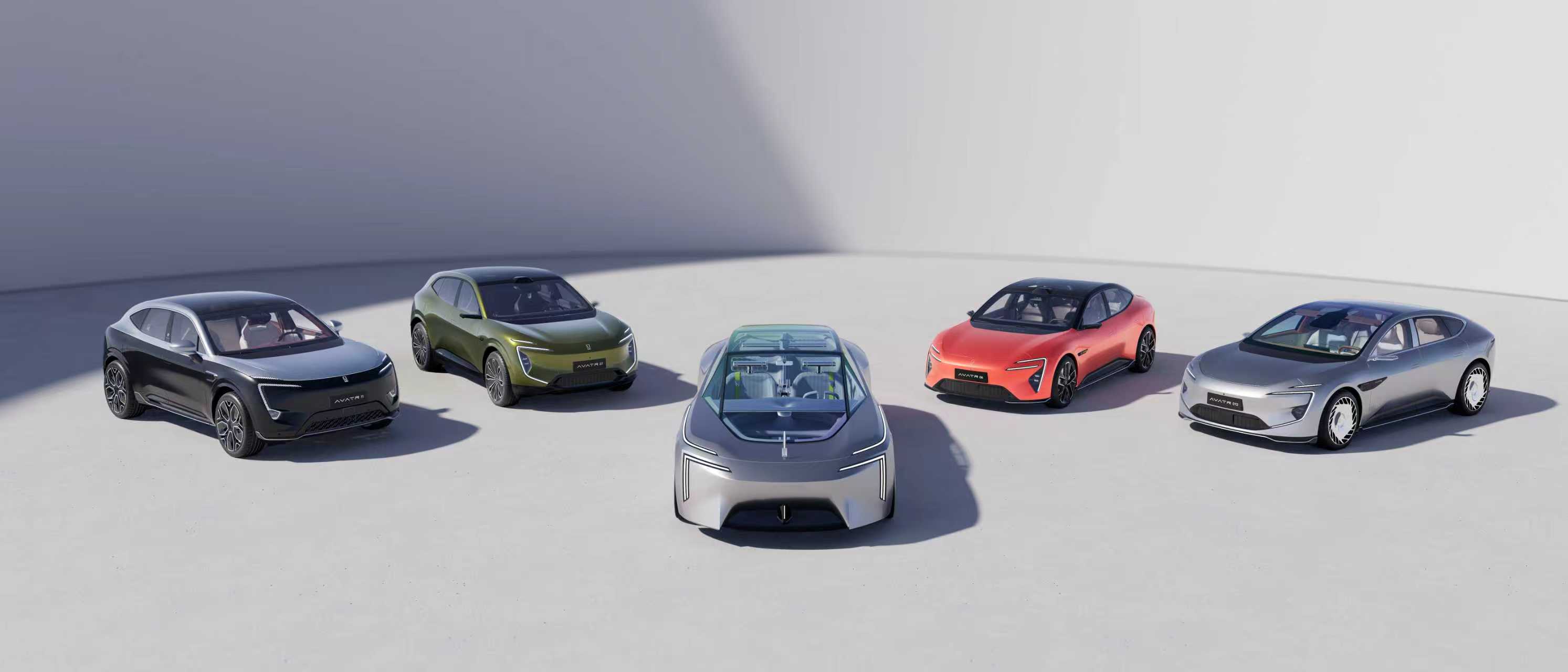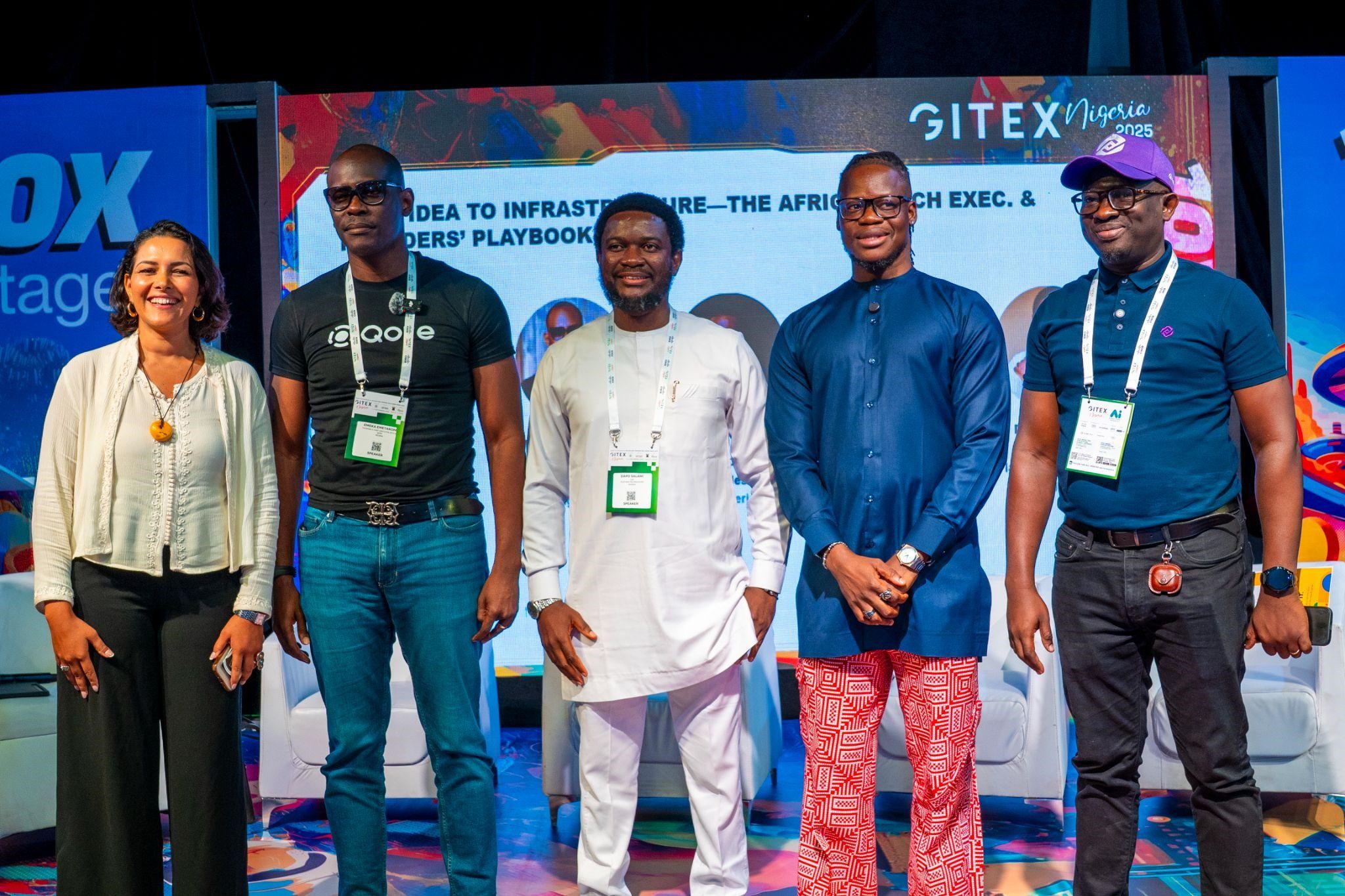In a transformative step toward sustainable development and community empowerment, Heirs Energies, a leading integrated energy company in Nigeria, has partnered with the Women in Law and Leadership for Africa (WLF) to launch an innovative solar-powered literacy project in Rivers State, Nigeria. This initiative, unveiled in Port Harcourt, represents a bold commitment to addressing educational disparities, promoting environmental sustainability, and uplifting underserved communities through access to quality education and renewable energy. The project, which targets primary school pupils in rural areas, combines solar-powered infrastructure with literacy-focused programs to create a lasting impact on the educational landscape of the region.
A Vision for Education and Sustainability
The solar-powered literacy project is a flagship initiative under Heirs Energies’ broader corporate social responsibility (CSR) framework, which emphasizes sustainable development, community engagement, and environmental stewardship. By leveraging renewable energy to power educational facilities, the project aligns with global and national goals to address energy poverty, enhance educational outcomes, and combat climate change. The collaboration with WLF, a non-profit organization dedicated to advancing women’s leadership and community development, underscores the importance of inclusive partnerships in driving meaningful change.
The initiative focuses on providing solar-powered learning centers equipped with modern educational tools, including digital libraries, e-learning platforms, and interactive teaching aids. These centers aim to bridge the educational gap in rural communities, where access to electricity and quality educational resources is often limited. By integrating solar energy, the project ensures that learning environments remain functional even in areas with unreliable or nonexistent grid electricity, thereby creating a sustainable model for education delivery.
Launch Event Highlights
The official launch of the project took place at a vibrant ceremony in Port Harcourt, attended by key stakeholders, including representatives from Heirs Energies, WLF, local government officials, community leaders, and educators. The event highlighted the collaborative spirit of the initiative and its potential to transform lives in Rivers State. Speakers emphasized the critical role of education in unlocking opportunities for young people and fostering sustainable development in Nigeria’s Niger Delta region, where Rivers State is located.
Dr. Oando Olatunji, Chief Operating Officer of Heirs Energies, delivered a keynote address at the launch, underscoring the company’s commitment to empowering communities through education and sustainable energy solutions. “At Heirs Energies, we believe that access to quality education is a fundamental right and a catalyst for socioeconomic progress,” Dr. Olatunji stated. “By combining our expertise in energy with WLF’s passion for education and leadership, we are creating a model that not only addresses immediate educational needs but also ensures long-term sustainability through renewable energy.”
The WLF’s Executive Director, Mrs. Aisha Mohammed, echoed these sentiments, emphasizing the organization’s dedication to empowering women and children through education. “This partnership with Heirs Energies is a testament to what can be achieved when organizations with shared values come together,” she said. “Our goal is to equip young learners with the tools they need to succeed in a rapidly changing world, while also promoting gender equality and environmental consciousness.”
The Need for the Initiative
Rivers State, located in Nigeria’s oil-rich Niger Delta, is a region of stark contrasts. While it is home to significant natural resources and economic activity, many rural communities face challenges such as inadequate infrastructure, limited access to electricity, and insufficient educational resources. According to data from the Nigerian National Bureau of Statistics, over 60% of rural households in the Niger Delta lack reliable access to electricity, which severely impacts the quality of education in these areas. Schools often operate without basic amenities, such as lighting and modern teaching tools, making it difficult for students to engage in effective learning.
Moreover, literacy rates in rural Nigeria remain a concern. UNESCO reports indicate that Nigeria accounts for a significant portion of the global out-of-school population, with millions of children, particularly in rural areas, lacking access to quality education. Girls, in particular, face additional barriers due to cultural norms, early marriage, and economic constraints. The solar-powered literacy project directly addresses these challenges by creating inclusive learning environments that prioritize accessibility, sustainability, and gender equity.
Project Components and Implementation
The solar-powered literacy project is multifaceted, combining infrastructure development, educational programming, and community engagement to achieve its objectives. Key components of the initiative include:
Solar-Powered Learning Centers: The project involves the construction and equipping of solar-powered learning centers in selected rural communities in Rivers State. These centers are fitted with solar panels, energy-efficient lighting, and digital tools such as tablets, projectors, and computers. The use of solar energy ensures that the centers remain operational regardless of grid reliability, providing a consistent learning environment for students.
Digital Literacy Programs: The initiative incorporates digital literacy training to prepare students for the demands of the 21st-century economy. Through partnerships with educational technology providers, the centers offer access to e-learning platforms that cover core subjects such as mathematics, English, and science. These platforms use interactive content to engage students and enhance their understanding of complex concepts.
Teacher Training and Capacity Building: Recognizing the critical role of educators, the project includes professional development programs for teachers. These programs focus on modern teaching methodologies, digital literacy, and inclusive education practices. By empowering teachers, the initiative ensures that the quality of instruction aligns with the advanced facilities provided.
Community Engagement and Ownership: To ensure the sustainability of the project, Heirs Energies and WLF are working closely with local communities to foster a sense of ownership. Community leaders and parents are involved in the planning and management of the learning centers, ensuring that the facilities meet local needs and remain operational in the long term.
Focus on Gender Equity: The project places a strong emphasis on promoting gender equality in education. Special programs are designed to encourage girls’ participation in STEM (science, technology, engineering, and mathematics) subjects and leadership training. Scholarships and mentorship opportunities are also provided to support female students in pursuing their education.
Impact and Expected Outcomes
The solar-powered literacy project is poised to make a significant impact on the educational landscape of Rivers State. By providing access to quality learning environments powered by renewable energy, the initiative addresses two critical challenges: educational inequity and energy poverty. The project is expected to benefit thousands of students across multiple communities, with a focus on primary school pupils who are at a critical stage of their educational journey.
Key expected outcomes include:
Improved Literacy Rates: By providing access to modern educational tools and qualified teachers, the project aims to boost literacy rates among primary school students in rural areas. This will lay a strong foundation for their academic and professional success.
Enhanced Digital Skills: The integration of digital learning platforms will equip students with essential skills for the digital economy, preparing them for future opportunities in technology-driven fields.
Sustainable Energy Access: The use of solar energy ensures that learning centers remain operational without reliance on the national grid, setting a precedent for sustainable infrastructure development in rural areas.
Empowered Communities: By involving local stakeholders in the project’s implementation, the initiative fosters community ownership and ensures that the benefits are sustained over time.
Gender Equity in Education: The focus on girls’ education will help reduce gender disparities in academic achievement and create pathways for women’s leadership in the future.
Heirs Energies’ Commitment to CSR
Heirs Energies, a subsidiary of Heirs Holdings, is a leading player in Nigeria’s energy sector, with operations spanning oil and gas exploration, production, and power generation. The company has made CSR a cornerstone of its operations, with a focus on creating shared value for its stakeholders. The solar-powered literacy project is part of a broader portfolio of CSR initiatives that includes healthcare programs, youth empowerment schemes, and environmental conservation efforts.
The company’s commitment to sustainability is evident in its adoption of renewable energy solutions for community development projects. By investing in solar-powered infrastructure, Heirs Energies is contributing to Nigeria’s transition to a low-carbon economy while addressing pressing social challenges. The partnership with WLF further demonstrates the company’s belief in the power of collaboration to achieve sustainable development goals.
WLF’s Role in Advancing Education and Leadership
The Women in Law and Leadership for Africa (WLF) is a non-profit organization dedicated to promoting women’s rights, leadership, and community development across Africa. With a focus on education, legal advocacy, and capacity building, WLF has implemented numerous programs to empower women and children in underserved communities. The organization’s expertise in gender-focused initiatives makes it an ideal partner for the solar-powered literacy project.
WLF’s involvement ensures that the project addresses the unique challenges faced by girls and women in accessing education. Through mentorship programs, leadership workshops, and advocacy efforts, WLF is working to create an enabling environment for female students to thrive academically and professionally.
Broader Implications for Nigeria’s Development
The launch of the solar-powered literacy project comes at a critical time for Nigeria, as the country grapples with the dual challenges of educational reform and energy transition. With a population of over 200 million, Nigeria faces significant pressure to provide quality education and infrastructure to its citizens, particularly in rural areas. Initiatives like this one demonstrate the potential for private-sector partnerships to complement government efforts in achieving these goals.
The project also aligns with several national and international development frameworks, including Nigeria’s Vision 2030, the United Nations Sustainable Development Goals (SDGs), and the African Union’s Agenda 2063. Specifically, it contributes to SDG 4 (Quality Education), SDG 7 (Affordable and Clean Energy), and SDG 5 (Gender Equality), while promoting sustainable development in one of Nigeria’s most economically significant regions.
Community and Stakeholder Reactions
The launch of the project has been met with enthusiasm from local communities and stakeholders in Rivers State. Community leaders have praised the initiative for its focus on addressing local needs while promoting sustainability. “This project is a game-changer for our children,” said Chief Emmanuel Okorie, a community leader in one of the beneficiary communities. “For the first time, our schools will have electricity and modern learning tools, which will make a huge difference in how our children learn.”
Parents and students have also expressed excitement about the opportunities the project will create. “I want to learn how to use computers and become a scientist one day,” said 10-year-old Blessing, a primary school pupil in a rural community. “This new center will help me achieve my dreams.”
Government officials have also commended the partnership between Heirs Energies and WLF, noting its potential to serve as a model for other states in Nigeria. The Rivers State Commissioner for Education, Dr. Sarah Amadi, described the project as “a shining example of how the private sector can support government efforts to improve education.”
Challenges and Future Plans
While the solar-powered literacy project holds immense promise, it is not without challenges. Ensuring the maintenance of solar infrastructure in remote areas, training teachers to adapt to digital tools, and sustaining community engagement will require ongoing effort and investment. Additionally, scaling the project to other parts of Rivers State and beyond will depend on securing additional funding and partnerships.
Heirs Energies and WLF are already exploring ways to expand the initiative, including partnerships with other organizations and government agencies. Plans are underway to replicate the model in other states in the Niger Delta and eventually across Nigeria. The organizations are also exploring opportunities to integrate vocational training and entrepreneurship programs into the learning centers to further empower youth and women.
Conclusion
The launch of the solar-powered literacy project by Heirs Energies and WLF marks a significant milestone in the quest for sustainable development in Nigeria. By combining renewable energy with education, the initiative addresses critical challenges facing rural communities while laying the foundation for a brighter future. As the project takes root in Rivers State, it serves as a beacon of hope and a testament to the power of collaboration in driving meaningful change.
With its focus on literacy, digital skills, gender equity, and sustainability, the project is poised to transform the lives of thousands of students and their communities. As Heirs Energies and WLF continue to champion innovative solutions, their partnership sets a powerful example for other organizations seeking to make a lasting impact in Nigeria and beyond.


